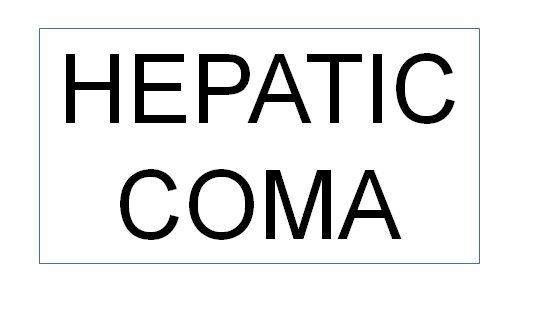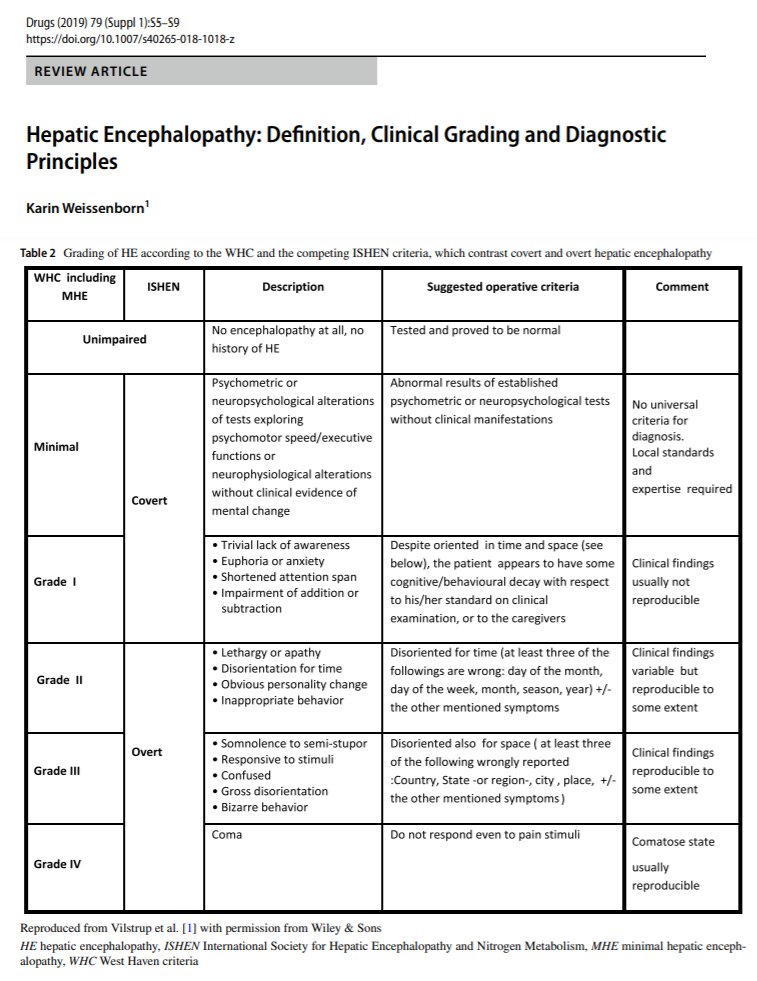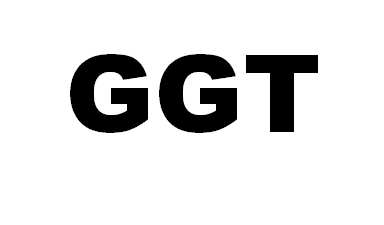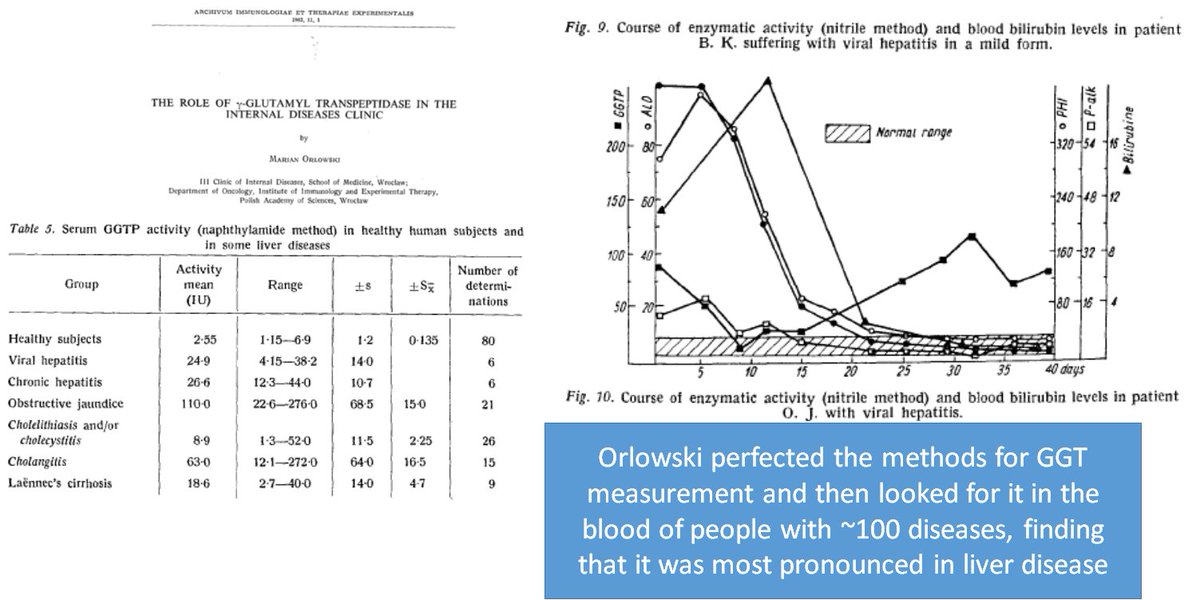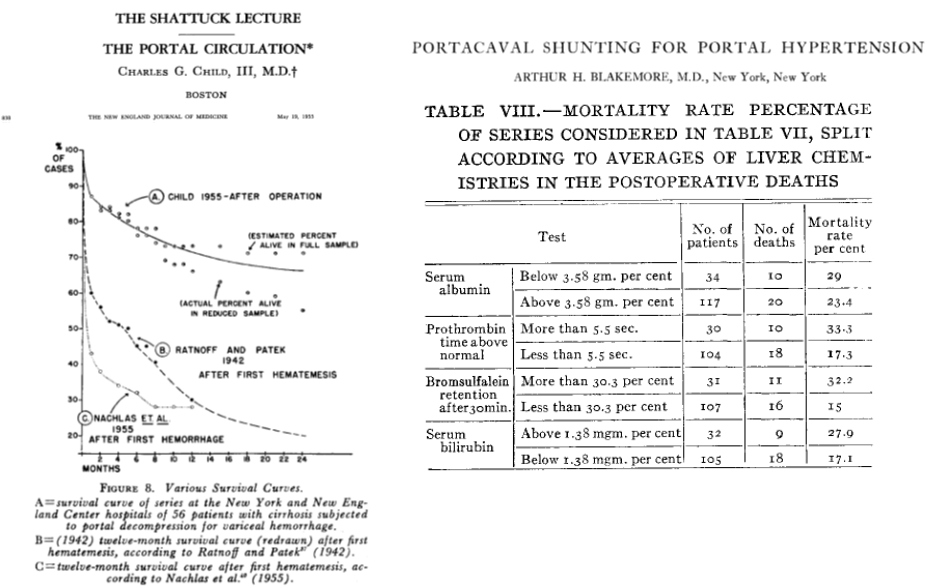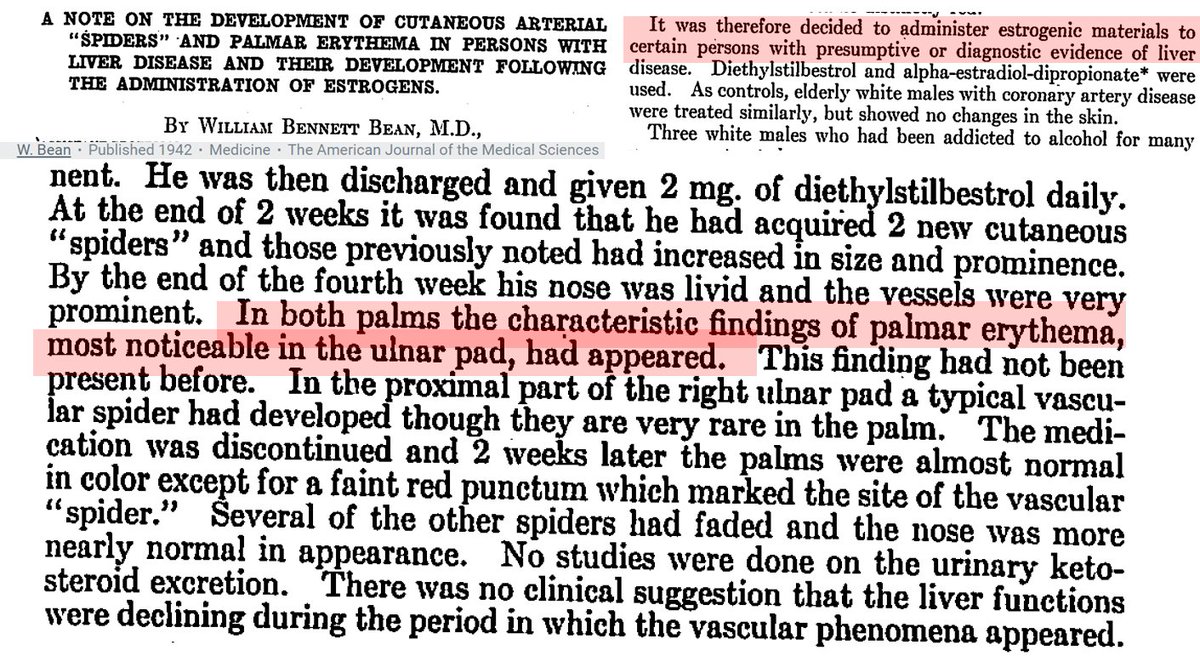
Here is some unsolicited #TipsForNewDocs advice on the job search
#medtwitter #livertwitter #GITwitter
1/
#medtwitter #livertwitter #GITwitter
1/
2/
Wrong: You'll have "all the resources you need"
What are these? Stats, research cores, coordinator pools...
These are...people!
You cant promise a person!
Right: Meet X, 25% of their effort will be directed towards your work if you gel. Or here is $$$ to hire Y.
Wrong: You'll have "all the resources you need"
What are these? Stats, research cores, coordinator pools...
These are...people!
You cant promise a person!
Right: Meet X, 25% of their effort will be directed towards your work if you gel. Or here is $$$ to hire Y.
3/
Wrong: we expect you to do research, quality, etc
Right: we will support your research for X years
The week is 10 1/2 day sessions. Anything not clinical needs protection. 7 sessions is 30% protected. I was protected 3 years by the dept
Then I needed a grant for protection
Wrong: we expect you to do research, quality, etc
Right: we will support your research for X years
The week is 10 1/2 day sessions. Anything not clinical needs protection. 7 sessions is 30% protected. I was protected 3 years by the dept
Then I needed a grant for protection
4/
Integrate time and $ when comparing jobs
Wrong: Job X offered me $100 and job Y offered me $90
Right:
Job X expects me to be 80% clinical (8 sessions), valuing my time at $100/0.80 = $125
Job Y expects me to be 60% clinical, valuing my time at $90/0.60 = $150
Integrate time and $ when comparing jobs
Wrong: Job X offered me $100 and job Y offered me $90
Right:
Job X expects me to be 80% clinical (8 sessions), valuing my time at $100/0.80 = $125
Job Y expects me to be 60% clinical, valuing my time at $90/0.60 = $150
5/
Wrong: Something super weird (or uncomfortable) happened during the interview process but it wasnt with someone I will work with directly so it is no prob
Right: Interviews hide dysfunction. If they couldnt do that, it needs to be considered seriously
Wrong: Something super weird (or uncomfortable) happened during the interview process but it wasnt with someone I will work with directly so it is no prob
Right: Interviews hide dysfunction. If they couldnt do that, it needs to be considered seriously
6/
"Institutions Don’t Love You Back"
Read this: clincancerres.aacrjournals.org/content/5/9/22…
Then read it again
"Institutions Don’t Love You Back"
Read this: clincancerres.aacrjournals.org/content/5/9/22…
Then read it again
7/
Wrong: They want me to come in as a lecturer instead of assistant professor to keep the 7 year 'tenure clock' from starting
Right: All your accomplishments as lecturer will not be applicable when you go from assistant to associate. You are an assistant professor, my friend
Wrong: They want me to come in as a lecturer instead of assistant professor to keep the 7 year 'tenure clock' from starting
Right: All your accomplishments as lecturer will not be applicable when you go from assistant to associate. You are an assistant professor, my friend
8/
Wrong: They say I dont need extra startup money because my mentor has money they will use to help me
Right: Mentors come and go. Mentor grants come and go. If you need start up, it goes to you and is specified in your contract
Wrong: They say I dont need extra startup money because my mentor has money they will use to help me
Right: Mentors come and go. Mentor grants come and go. If you need start up, it goes to you and is specified in your contract
9/
Wrong: Their offer is fixed and cannot be negotiated
Right: Everything is negotiable.
Wrong: They will be upset if I ask for more
Right: Everyone negotiates. If you dont ask, you cannot receive
Wrong: Their offer is fixed and cannot be negotiated
Right: Everything is negotiable.
Wrong: They will be upset if I ask for more
Right: Everyone negotiates. If you dont ask, you cannot receive
How do you negotiate? Let me summarize that book you bought: you need multiple offers. Call it "BATNA" or call it rational thought.
1⃣Ask for the anything but unless you can get it (or something close) at job y, job x wont budge
2⃣Multiple offers help you know your market value
1⃣Ask for the anything but unless you can get it (or something close) at job y, job x wont budge
2⃣Multiple offers help you know your market value
• • •
Missing some Tweet in this thread? You can try to
force a refresh


